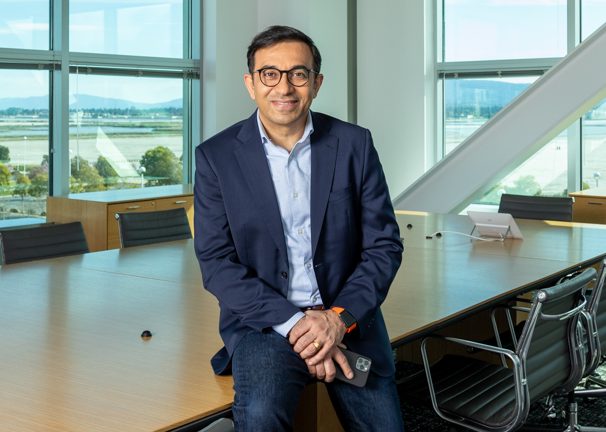 BIG DATA
BIG DATA
 BIG DATA
BIG DATA
 BIG DATA
BIG DATA
Shares of Informatica Inc. climbed more than 4% in after-hours trading today as a maker of integration software reported revenues and earnings that soundly beat expectations.
Revenues rose 1.1% over the same quarter a year ago, to $376 million, which was well above the $360.6 million analysts had expected. Subscription annual recurring revenue, which is an important indicator of the company’s shift from a license to a subscription model, increased 16% year-over-year, to $1.04 billion.
Cloud subscription ARR jumped 37%, to $513 million, and exceeded the guidance the company issued last quarter. It now accounts for 49% of total revenues, up from 42% last year. Earnings of 17 cents a share beat analyst estimates by a nickel.
Informatica raised its full-year 2023 operating income guidance from $400 million to a range of between $420 million and $440 million, representing approximately 23% yearly growth. It also raised its estimates of after-tax unlevered free cash flow — or the amount of available cash a firm has before accounting for its financial obligations — from a range of $340 million to $360 million to between $370 million and $390 million, up 32%.
However, executives said the stronger-than-expected performance shouldn’t be taken as a sign that the economic fundamentals have turned a corner. “The macro environment remains stable compared to the prior quarter,” said Chief Executive Amit Walia (pictured). “I wouldn’t say it’s significantly improved. Enterprises remain thoughtful and cautious.”
The company’s intended shift to an all-cloud revenue model continued to be evident in third-quarter estimates, with subscription ARR expected to grow 13%, to a range of $1.050 billion to $1.06 billion, and cloud subscription ARR estimated at $537 million to $543 million, up 35%. A total of 85% of new bookings in the quarter came from new cloud subscriptions with the remainder hailing from customer migrations, Walia said.
Informatica has wasted no time boarding the generative artificial intelligence train. In May it announced Claire GPT, a query enhancement for its Intelligent Data Management Cloud that replaces technical jargon with natural language questions and thereby broadens the base of potential users and self-service applications. The features will enter private preview in the third quarter and Informatica expects to add AI copilot capabilities in the near future to automate additional data management tasks and improve data observability.
Walia said the company is ideally positioned to benefit from the excitement around generative AI. “There is no use for AI without high-quality data curated at scale; that’s what IDMC is all about,” he said. Informatica’s differentiation strategy is based on its metadata repository, experience training large language models on metadata across thousands of projects and IDMC’s data management capabilities, he said.
During the quarter, the company also finalized its acquisition of Privitar Ltd., a London-based maker of access controls and remediation for data privacy and security. While the acquisition didn’t contribute materially to revenue, Walia said Privitar will help anchor its AI strategy going forward. “Privitar addresses governance problems created by broadened availability of information,” which AI will drive, he said.
While stressing caution, executives weren’t afraid to take a victory lap for the success they’ve had shifting from a 100% software license model to cloud subscriptions. “How many cloud transitions happen where the company has an accretive bottom line?” Walia asked. “It’s almost unheard of.”
THANK YOU